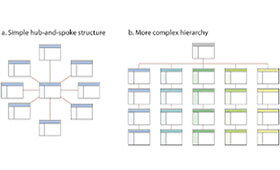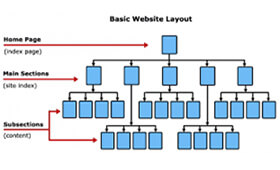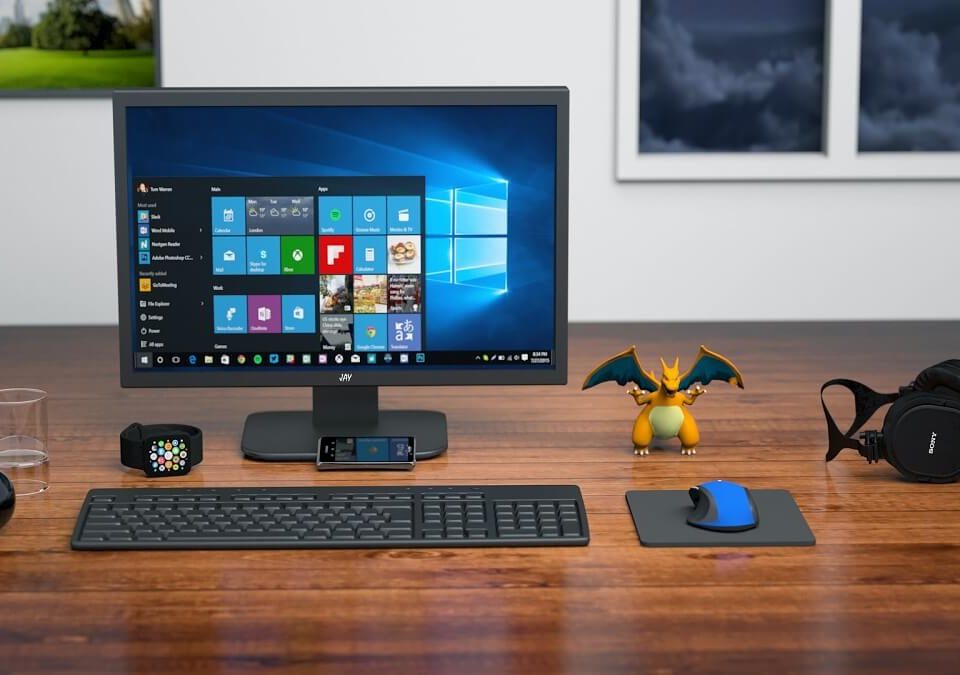
Reviewing your competition part 2
December 14, 2015
Optimizing site structure in local SEO part 2
December 18, 2015After you have done the keyword research you focus on more and more keywords and themes, you’ll be developing more content for your website, and you’ll start to have a lot of pages to hold this content. It’s going to be crucial and meaningful to structure all of these pages in a correct way, because in order for search engines to return your pages to searchers in response to relevant search queries, they need to understand how your pages relate to one another. Let’s imagine that you’re visiting a bookstore for the very first time. You’re looking for a fiction book written by an author whose name starts with the letter D.
Since it’s your first visit, you don’t know where anything is, and you’re going to have to learn the layout of this new bookstore. Fortunately, the bookstore has some really good navigation to help you out. You look at the store directory to find out where the fiction section is located, and once you reach the fiction section, you identify the specific shelf that has fiction books written by authors whose name starts with D. Then you look at that shelf, and you find the specific book you were looking for. Now, imagine you keep going through this process to learn the entire layout of the bookstore.
You’ll figure out all the different sections and shelves, categories and authors, and eventually you’ll end up knowing about all of the individual books. This is exactly what a search engine does. It crawls and navigates an entire website to learn what’s there, how it’s organized, and where all of the content can be found and what it’s all about. Now, imagine that instead of simply visiting the bookstore, you now work at the bookstore. You’ve learned everything about how the store is laid out and where specific books are. If a customer walks in the door and says, hey, I’m looking for a fiction book written by an author whose name I can’t remember, but it starts with a D, you’ll be able to immediately guide them to the book they’re looking for.
Now you’re the search engine. People come to you looking for information, and you point the way to it, and you can do this quickly and efficiently because you’ve understood the content and how it’s structured. On the web, a search engine will find your home page and start to navigate through your website through your links. The way you link to pages within your own site is important, and it’s known as internal linking. If you’re an online store, for example, you might have a system of product categories that link to subcategories that hold links to individual products.




